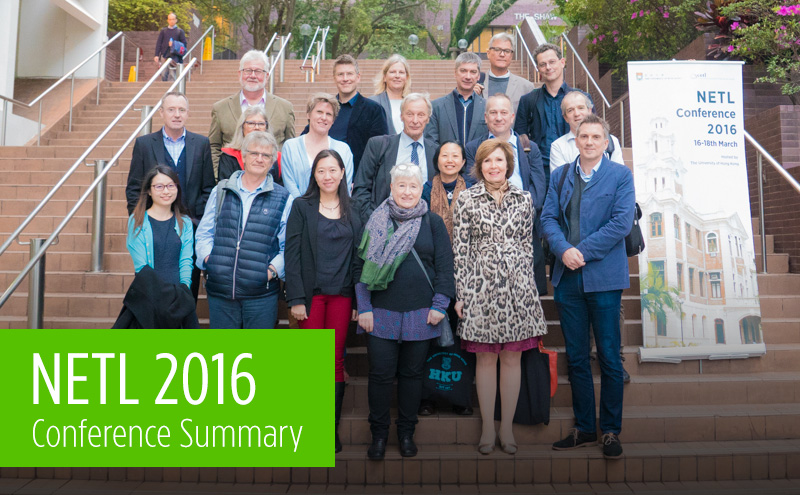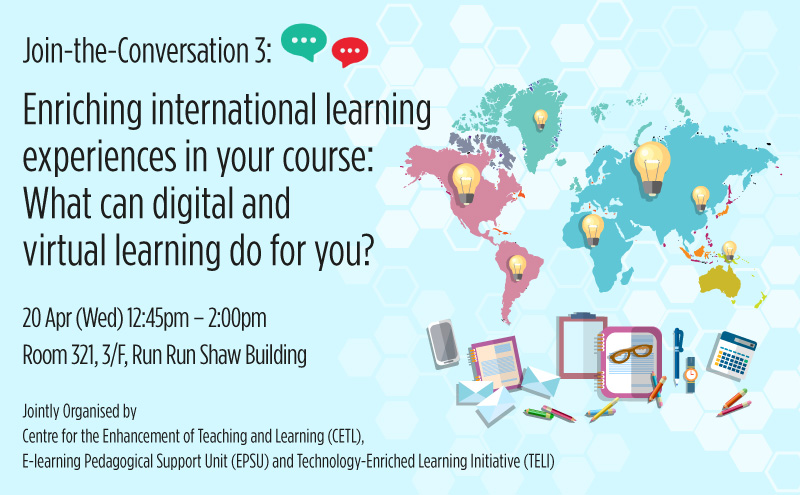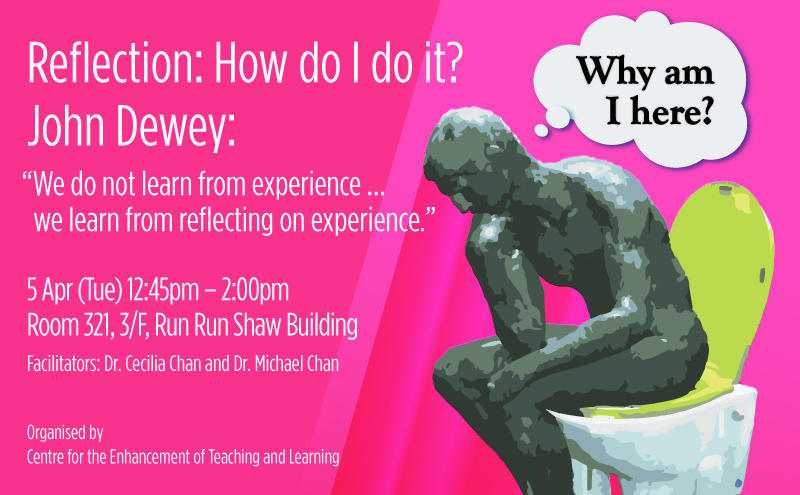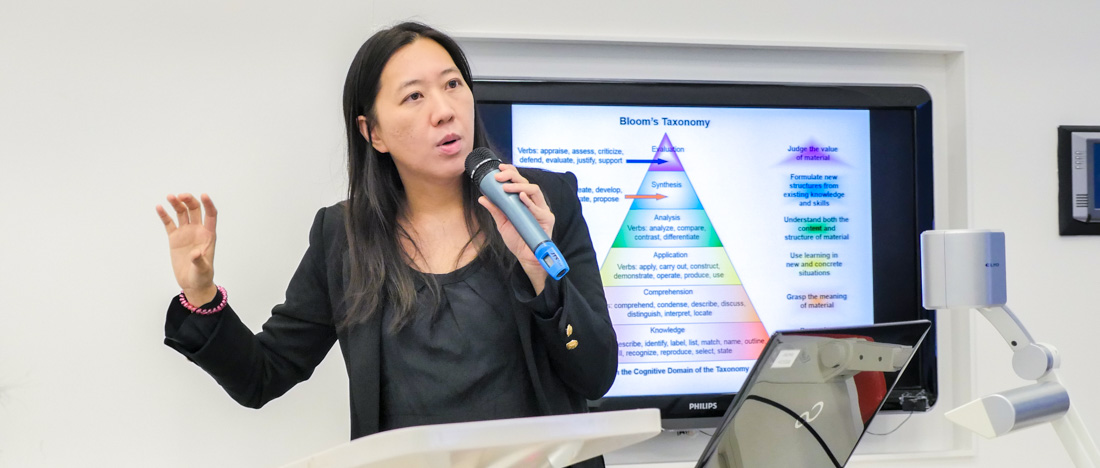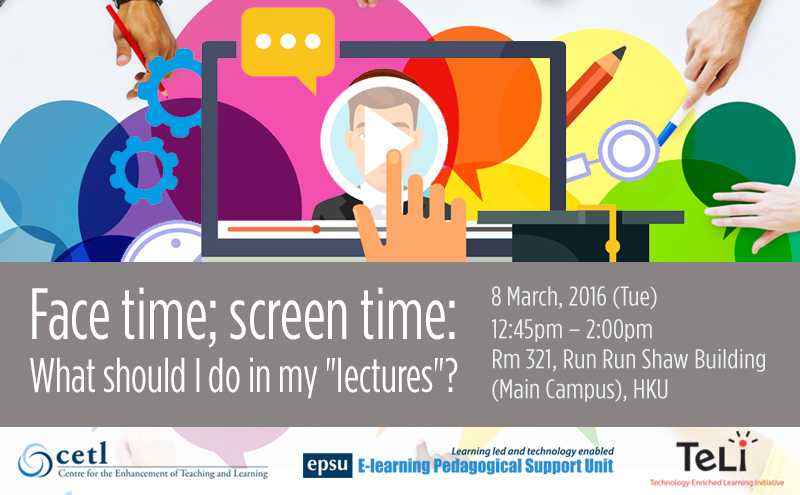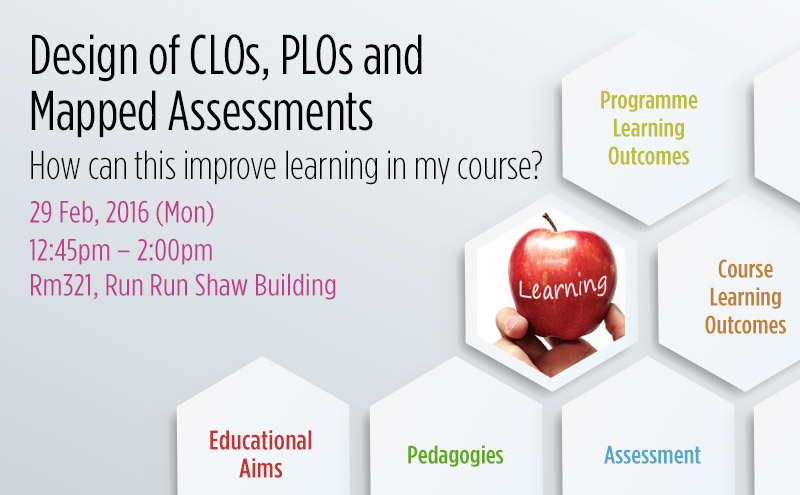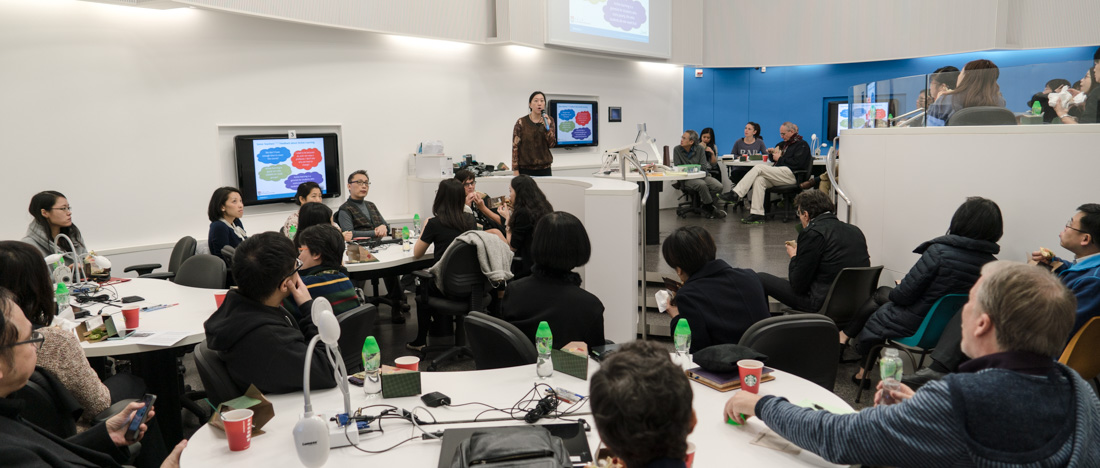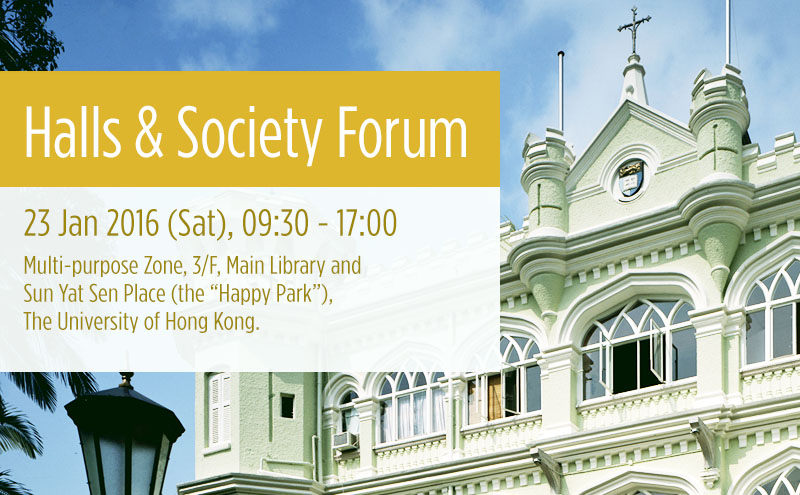
The Centre for the Enhancement of Teaching and Learning (CETL) recently hosted the annual gathering of the Network for the Enhancement of Teaching and Learning in research-intensive universities (NETL) from 16 to 18 March 2016. This event brought together delegates from ten universities from around the world to share good practices in advancing teaching and learning, specifically in the context of research-intensive universities.
As well as allowing each university to update other network members about their particular strategic issues, current projects and possible forthcoming changes, the programme also included three discussion sessions to consider issues particularly relevant to research-intensive universities. The topics discussed this year were: the research-teaching nexus, establishing teaching academies, and the place for professional standards frameworks in universities’ enhancement of teaching practice.
The gathering began with a warm welcome from Professor Ian Holliday, the Pro-Vice Chancellor (Teaching and Learning) and an overview of the event programme by Professor Grahame Bilbow, the Director of CETL.
The first discussion was in relation to the research-teaching nexus. The research-teaching nexus describes the interplay between the teaching and research roles of individual academics as well as the roles of teaching and research across a university as a whole. Professor Adam Bridgeman, Deputy Vice-Chancellor (Education) at University of Sydney, and Dr. Cecilia Chan, Associate Professor at CETL, started the session with a joint presentation on how the research-teaching nexus might enhance students’ and academics’ experiences of higher education. The presentation led to a deep discussion touching upon the meaning of the research-teaching nexus in practice, the weighting of research and teaching in universities, the role of research in undergraduate education, the challenges facing faculties and institutions when they attempt to achieve a meaningful relationship between research and teaching, and what centres for teaching and learning can do to help university academics achieve a meaningful balance between their research and teaching activities.
The second discussion focused on the challenges of establishing a teaching academy: a community built to promote and recognize excellence in teaching and learning among academics. Discussion revealed that several universities favour establishing a teaching academy, where academic staff may become eligible for membership either through attending teaching development events or through demonstrating excellence in teaching. Discussion was guided collaboratively by Dr. Huang Hoon Chng, Associate Provost (Undergraduate Education) at National University of Singapore, Professor Sari Lindblom-Ylänne, Director of the Centre for Research and Development of Higher Education at University of Helsinki, Professor Sandra Klopper, Deputy Vice-Chancellor at University of Cape Town, Professor Jan Van Tartwijk, Professor of Education at Universiteit Utrecht, and Dr. Maria Larsson, from the Division for Higher Education Development at Lund University. Each introduced the structure and nature of their own teaching academy, and described the ways university academics were connected to the teaching academy, and the impact of their involvement. Subsequent discussion explored the effectiveness of a teaching academy as an interdisciplinary community of university teachers who had recognized expertise in certain areas of university teaching and who valued the scholarship of teaching and learning. As such, teaching academies could be considered a form of community of practice.
The third discussion homed in on the notion of a professional standards framework. Professional standards frameworks involve establishing a system for recognizing standards of practice, and describing the qualities and qualifications that can be used as a reference point by institutions or individuals for teaching development. Professor Grahame Bilbow, Director of CETL at HKU, described one of the most successful professional standards frameworks, the UK Professional Standards Framework (UKPSF), and Professor Jens Dolin, the Head of Department of Science Education at University of Copenhagen, offered an overview of the professional standards framework developed at the University of Copenhagen, which makes reference to the UKPSF. The discussions that followed explored the extent to which professional standards frameworks can be utilized to support institutions and teachers to develop their excellence in teaching and to publicly demonstrate the professionalism of individual teaching staff.
These three discussions were a great opportunity for the research-intensive university membership of the network to share different perspectives on issues of great relevance. They also reinforced on-going dialogue between NETL members. This year, that dialogue also focused on a joint book that will be published by the group in the coming year, provisionally entitled Enhancing Teaching and Learning in Research-Intensive Universities, as delegates refined the scope of the book, identified its target audience, made decisions on approaches to writing, and provided valuable feedback on draft book chapters that had already been submitted.
The gathering was rounded off with a brief review by Professor Grahame Bilbow, who observed that, although individual member universities are naturally distinct in their specific responses to economic, social and political forces pertinent to their jurisdictions, as research-intensive institutions, they are in many ways comparable and face many of the same opportunities and challenges. He then went on to summarise some of the conclusions that had emerged from our discussions.
First, it is clear that we share a concern about where centres for teaching and learning are located physically and conceptually within our universities. Across our membership, most universities have experienced a continual pendulum swing back and forth between centres being located centrally, on the one hand, and being located within specific academic units (such as faculties), on the other. It is clear that, wherever they are located, it is essential that centres be able to function independently to support the interests of the university as a whole.
A second concern we have is that, as research-intensive universities, we have a tendency to recognize and reward research achievements considerably more than teaching achievements, and dialogues in relation to teaching and learning in our universities may be somewhat sporadic. One way we discussed for countering this tendency, and where a number of universities have been very successful, is through the establishment of a teaching academy that recognizes and rewards teaching excellence and encourages communication between those who are committed to enhancing their students’ learning. Another way that has been successfully pioneered has involved formally recognising teaching standards and supporting professional/career progression in university teaching through the use of an independent yardstick, such as the UK Professional Standards Framework (UKPSF), which provides a framework for ensuring comparability of standards and gives university teachers a sense of career progression.
A third concern that several universities in the network have relates to practical ways in which academic staff can achieve a personal balance between, and synergy across, their teaching and research activities. Although this issue is a thorny one, and could not be fully resolved in a short discussion, nevertheless the discussion provided considerable food for thought.
Professor Bilbow ended by conveying his gratitude to all of the participants, facilitators and CETL/HKU colleagues who had attended the event. He also expressed his satisfaction with the fruitful discussions that had taken place, and the hope that the NETL group will continue to prosper in the future.
After a short discussion, it was agreed that the next NETL gathering will be hosted by Universiteit Utrecht in the Netherlands in June 2017.


